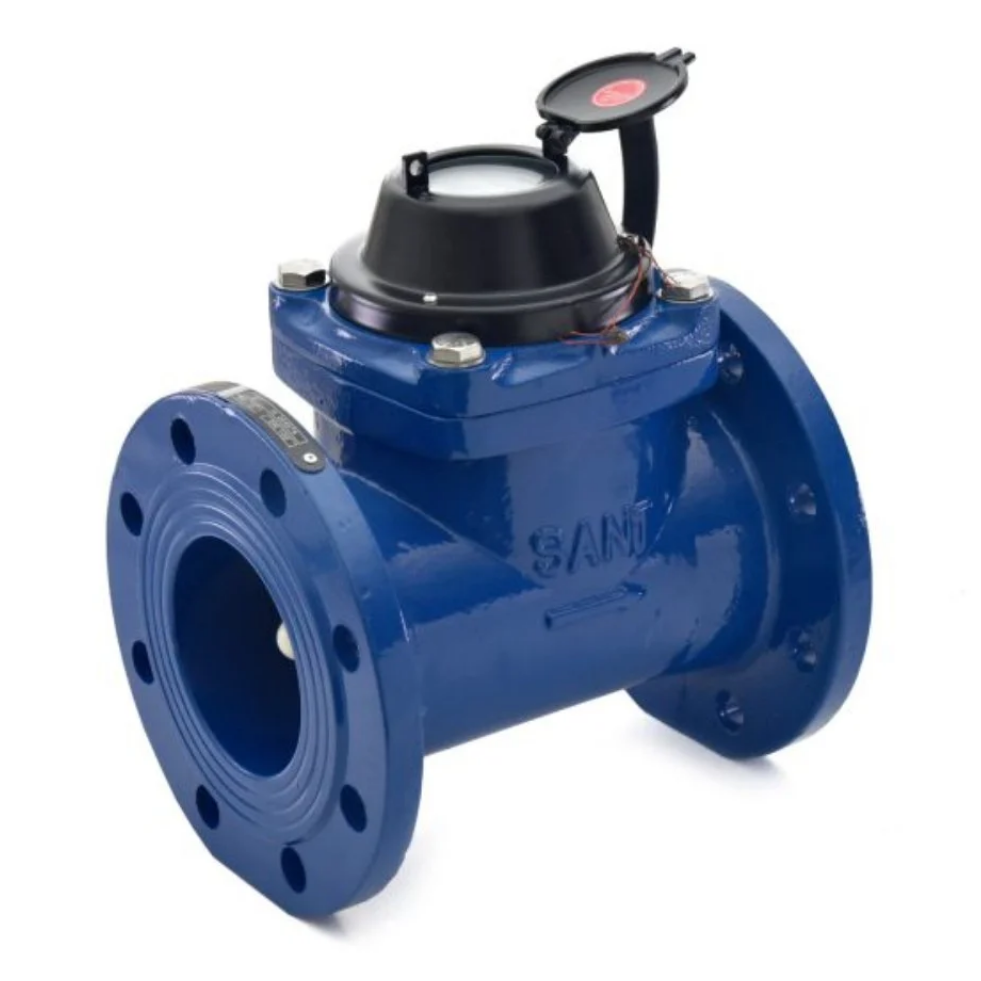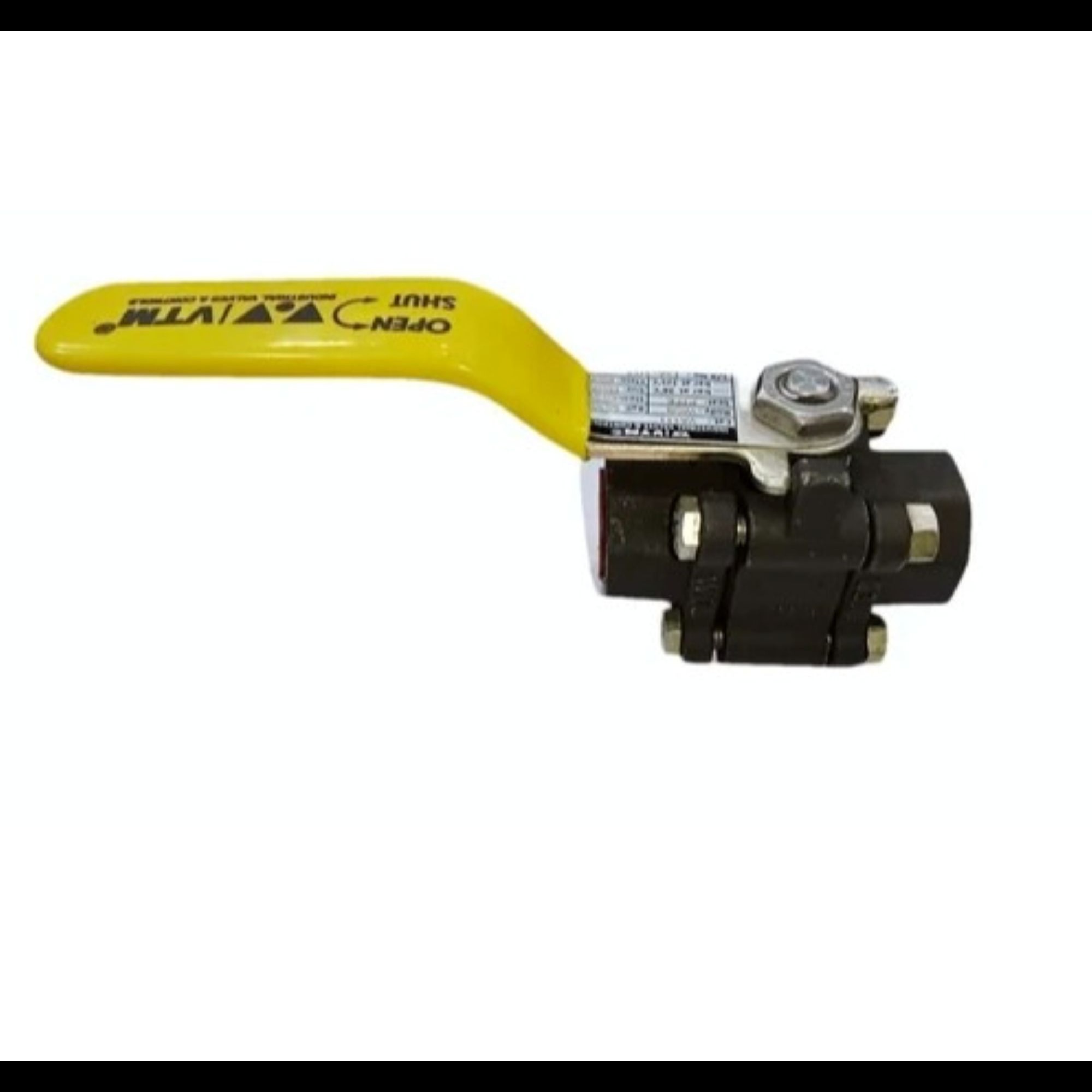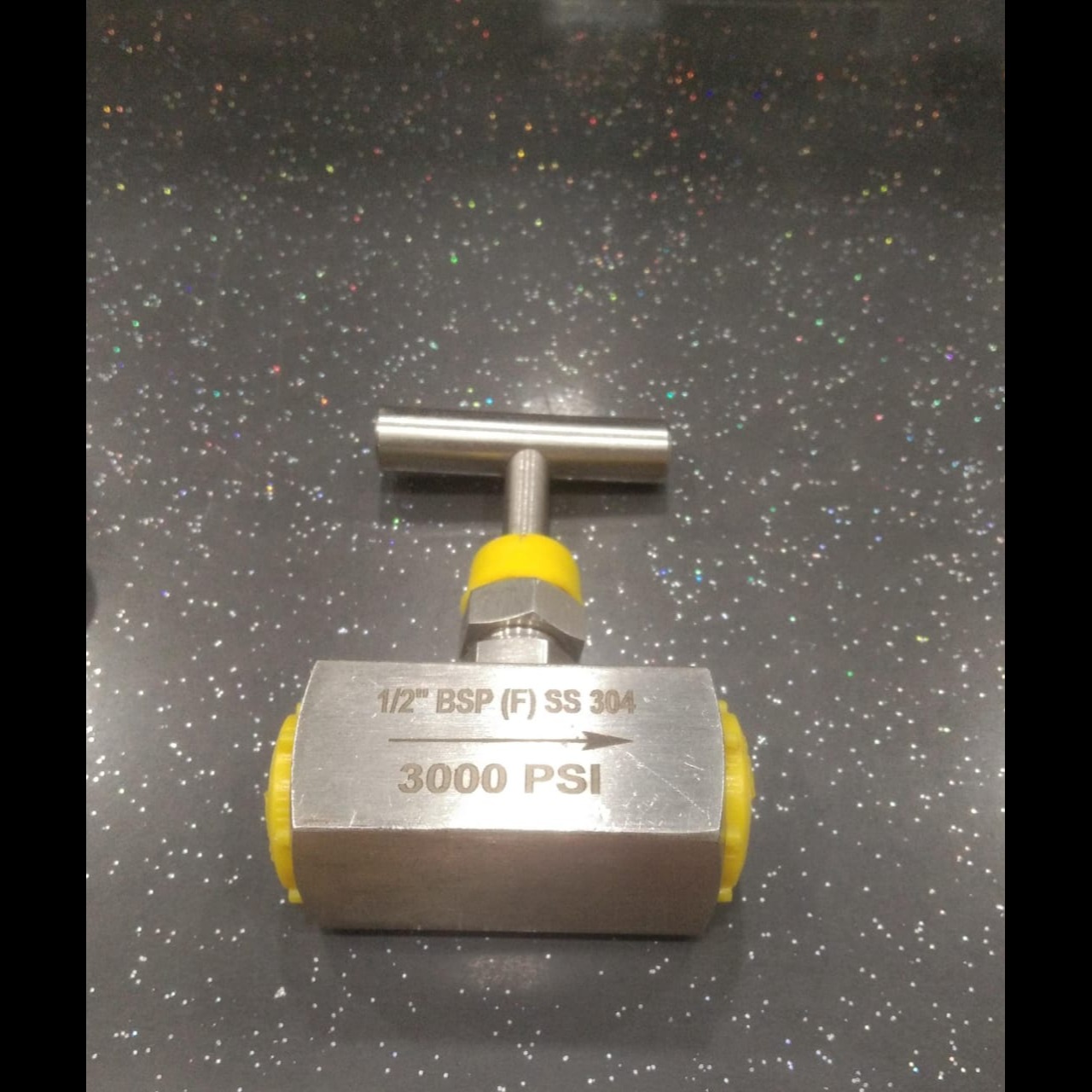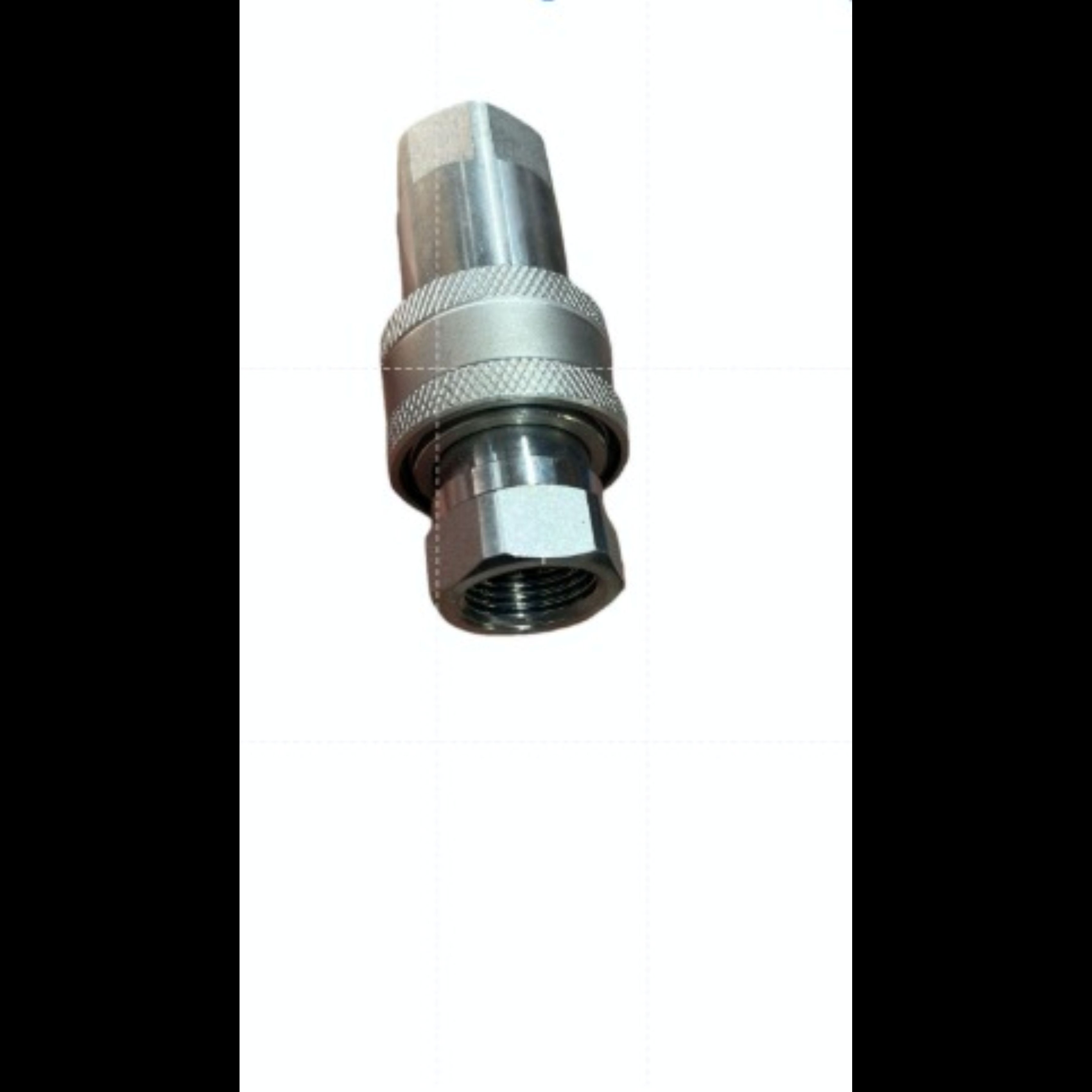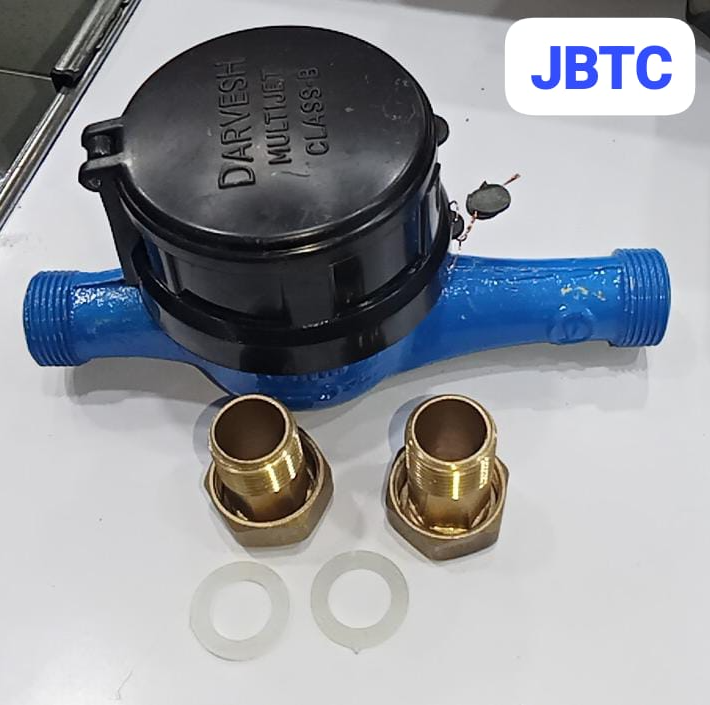
A water meter is a vital device used to measure the volume of water usage in residential, commercial, or industrial settings. Typically installed by municipal water suppliers, water meters help in monitoring water consumption, billing customers accurately, and promoting efficient water use.
Why Are Water Meters Important?
Water is a precious and limited resource. With increasing concerns over water scarcity and conservation, accurate measurement and management of water usage have become essential. Water meters play a crucial role in this process. They provide real-time data on water consumption, which helps both consumers and utility providers detect leaks, prevent waste, and plan for sustainable usage.
For consumers, having a water meter can encourage more mindful use of water. Knowing that every drop is being measured can lead to more conscious habits, like fixing dripping taps or using water-efficient appliances. For municipalities, meters help in ensuring fair billing based on actual usage rather than estimated charges, which can lead to disputes or inefficiencies.
Types of Water Meters
Water meters come in various types, each suited to specific applications:
Mechanical Water Meters: These are the most common and include positive displacement and velocity meters. They rely on moving parts to measure the flow of water. Positive displacement meters are typically used in residential settings and are highly accurate at low flows.
Electromagnetic Meters: These meters use electromagnetic fields to measure water flow. They have no moving parts, which makes them more durable and accurate, especially in industrial settings or areas with sediment-heavy water.
Ultrasonic Meters: These meters use sound waves to determine flow rate. They are highly accurate and have a long lifespan, often used in large commercial or municipal systems.
Smart Water Meters: These are digital meters that can transmit usage data remotely via radio or internet networks. They allow for real-time monitoring, leak detection, and more efficient utility management.
Benefits of Water Meters
The adoption of water meters comes with numerous benefits:
Accurate Billing: Consumers are charged for what they actually use, leading to fairer pricing and less billing disputes.
Leak Detection: Sudden spikes in usage can indicate leaks, allowing early detection and repair.
Water Conservation: Knowing consumption levels can encourage users to reduce unnecessary usage.
Data Collection: Utilities can analyze water usage trends to plan infrastructure improvements and manage resources more effectively.
Environmental Impact: Encouraging efficient water use helps preserve water supplies and reduces the environmental footprint of water treatment and distribution.
Keywords
encourage users
inefficiencies types
digital meters
velocity meters
municipalities meters
actual usage
sustainable usage
water meters
water usage
environmental footprint
manage resources
fairer pricing
internet networks
large commercial
long lifespan
sound waves
industrial settings
electromagnetic fields
highly accurate
residential settings
moving parts
positive displacement
estimated charges
waterefficient appliances
conscious habits
crucial role
increasing concerns
limited resource
residential commercial
vital device
water treatment
water knowing
water consumption
water scarcity
water meter
measure water flow
plan infrastructure improvements
conservation accurate measurement
promoting efficient water
determine flow rate
fixing dripping taps
provide realtime data

